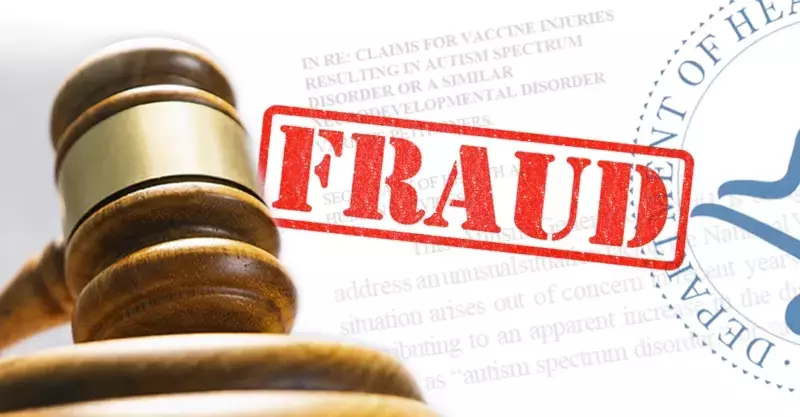
A senior attorney from Children’s Health Defense (CHD) has filed a motion in the U.S. Court of Federal Claims, accusing the Department of Justice (DOJ) of fraudulent actions during the Omnibus Autism Proceeding (OAP). The OAP was established to handle approximately 5,400 claims related to children who allegedly developed autism after receiving vaccinations. Rolf Hazlehurst, representing his son Yates, argues that DOJ attorneys misrepresented evidence and concealed crucial information from the courts. This action ultimately led to the dismissal of all claims, leaving affected families without recourse.
The motion highlights significant misconduct by DOJ attorneys, including withholding revised opinions from a leading pediatric neurologist. Initially scheduled as a key witness, this expert later concluded that vaccines could cause autism in certain children. Once informed, the DOJ dismissed him as a witness and misrepresented his prior opinions, arguing there was no scientific basis linking vaccines to autism. As a result, thousands of families were denied justice, sparking outrage and calls for reform within the compensation program.
Uncovering Judicial Misconduct in Vaccine Injury Cases
Rolf Hazlehurst's motion uncovers a series of alleged fraudulent acts committed by DOJ attorneys in the National Vaccine Injury Compensation Program (NVICP). These actions began with concealing critical testimony from a renowned pediatric neurologist and escalated into broader deceptions impacting higher courts. The concealment prevented the court from considering updated medical insights, thereby undermining the integrity of the legal process. The motion seeks not only to challenge the constitutionality of the NVICP but also to restore justice for those affected by vaccine injuries.
Hazlehurst’s son, Yates, was one of six original test cases in the OAP, which aimed to consolidate and adjudicate claims of children regressing into autism following vaccinations. In 2003, Hazlehurst initiated a claim on behalf of Yates, who was diagnosed with autism after experiencing adverse reactions to routine childhood vaccines. The DOJ's actions in dismissing the expert witness and misrepresenting his opinions significantly influenced the outcome of these cases. Ultimately, all 5,400 claims were dismissed, leaving families like Hazlehurst's without any form of compensation or acknowledgment of their suffering. The motion calls for a thorough investigation into these allegations and a reevaluation of the entire compensation system.
Implications for Vaccine Injury Compensation Reform
The allegations of fraud have far-reaching implications for the NVICP and the broader issue of vaccine safety. Critics argue that the current system is inherently flawed, denying parents the right to sue manufacturers directly and limiting their access to fair trials. Instead, they must navigate a government-administered program that often favors the interests of pharmaceutical companies over the rights of injured children. The motion seeks to challenge the constitutionality of the National Childhood Vaccine Injury Act of 1986, which established this controversial program.
Children’s Health Defense Executive Vice President Laura Bono emphasized the devastating impact of these fraudulent actions on families affected by vaccine injuries. She highlighted the need for transparency and accountability, urging the government to address the injustices faced by thousands of children and their families. CHD General Counsel Kim Mack Rosenberg further criticized the system, stating that it prioritizes corporate profits over public health. The organization is advocating for comprehensive reforms to ensure that future generations are protected from harmful exposures and that those responsible are held accountable. The motion calls for further discovery and a hearing to uncover the full extent of the alleged fraud and to seek justice for all affected parties.
